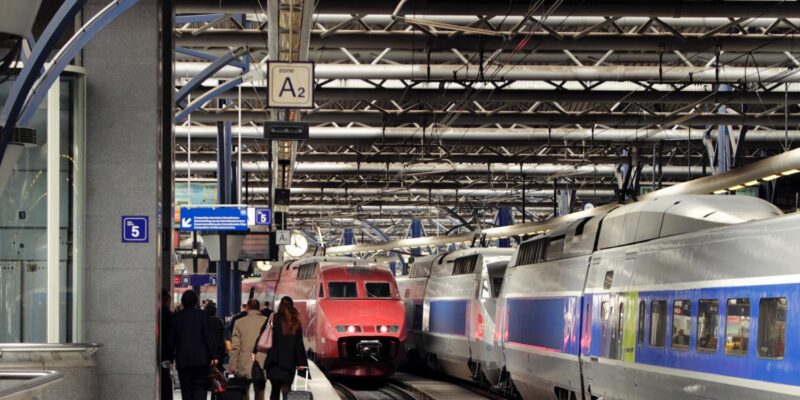Short-haul flying and sustainable connectivity
The emergence of global targets to decarbonise have brought with them increased scrutiny of transport and of aviation in particular. One proposed means of reducing greenhouse gas emissions from transport is a modal shift from air to rail. This has been encouraged both through investment in rail infrastructure, and by bans and taxes on short-haul air journeys.
The European Regions Airline Association (ERA), Airports Council International Europe (ACI EUROPE), the AeroSpace and Defence Industries Association of Europe (ASD Europe), the Civil Air Navigation Services Organisation (CANSO), and Airlines for Europe (A4E) commissioned Oxera to assess the environmental impacts of air and rail and the factors that need to be taken into account when assessing the impacts of a modal shift from air to rail. While we focus on CO2 emissions, we also take account of non-CO2 impacts, such as effects on biodiversity and noise, and briefly consider social and economic factors.
A direct comparison of the current emissions of rail and air shows that rail has lower CO2 emissions per passenger than air travel. However, there are a number of factors that need to be taken into account in assessing the environmental impact of shifting passengers from air to rail. Firstly, the potential reduction in emissions that could be achieved depends on the nature of the flight ban. If flights of up to 500km are banned, as is being proposed in a number of European countries, there is a potential saving of around 3–5% of intra-EU emissions or 1–2% of EU aviation emissions, resulting in a reduction of less than 1% of EU transportation emissions overall.
However, if short-haul air travel is banned, some passengers may choose to travel by car instead, which could lead to higher CO2 emissions. In addition, there is unlikely to be sufficient rail capacity to accommodate all air passengers on a given route, which means that new rolling stock would need to be procured and new rail lines would need to be built. This would have significant environmental impacts, and the carbon payback period for such an investment needs to be considered alongside the timeline in which short-haul air travel is expected to decarbonise.

